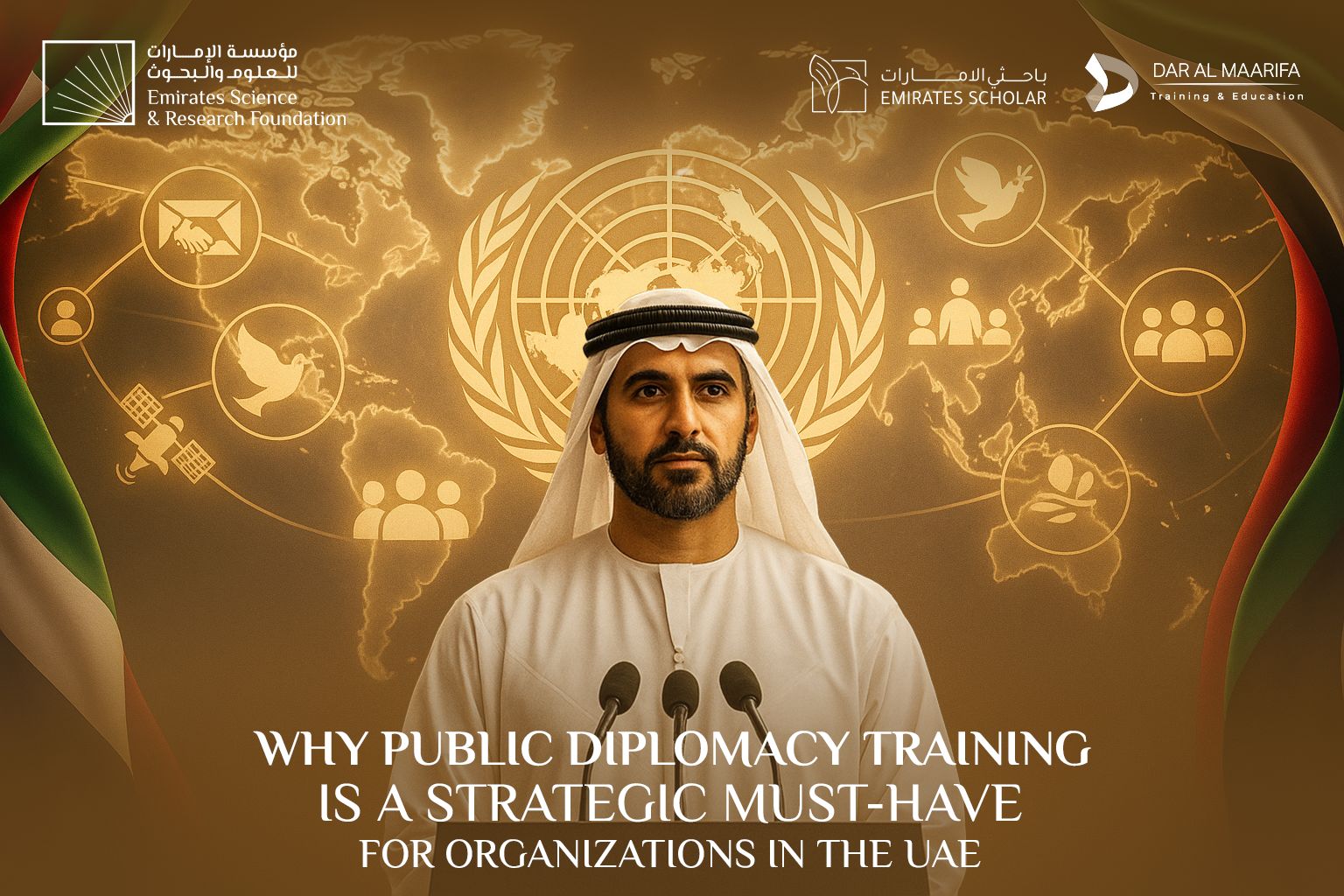
Why Policy Training Matters for Institutional Growth?
In today’s rapidly evolving global landscape, policy training for institutional growth has become more than a professional development initiative—it’s a strategic necessity. Institutions face growing pressure to navigate complexity, deliver measurable results, and align with both national and global agendas. Whether public or private, organizations must make timely, evidence-based decisions that are both visionary and operationally sound.
Yet, while investments in infrastructure, technology and human capital have become standard across the region, one core capability remains underdeveloped in many institutions: policy design and strategic planning.
This isn’t just an administrative gap. It’s a strategic risk. Poorly designed policies lead to misaligned priorities, wasted resources, and diluted impact. Conversely, strong policy capability transforms vision into reality, linking long-term ambitions with day-to-day operations.
So why should your institution invest in policy training? Let’s explore five critical reasons:
1. Bridging Strategy and Execution
Every institution has goals. But not all institutions have the tools to translate those goals into executable policies. This is where policy training becomes essential.
Well-structured training programs introduce frameworks such as Theory of Change, logical models and SMART planning, helping participants map strategies into actionable steps.
Trained teams learn how to:
- Define clear objectives based on institutional mandates
- Develop implementation roadmaps that assign responsibility and resources
- Use feedback loops to adapt and refine execution over time
When strategy and operations are aligned through policy, institutions operate with purpose, focus, and measurable results.
2. Improving Responsiveness in Dynamic Environments
Institutions today must be agile. Economic shifts, public health crises, emerging technologies, and environmental concerns require fast yet informed responses. Static, top-down policies no longer suffice.
Policy training develops:
- Scenario planning skills to anticipate change
- Systems thinking to understand complex cause-effect relationships
- Stakeholder analysis tools to incorporate diverse perspectives into policy design
This enables teams to design flexible, data-informed policies that are both resilient and adaptive. It builds capacity not just to react, but to lead.
3. Enhancing Interdepartmental Coordination
Policy is not just about what to do – it’s about who does what, when, and how.
One of the greatest inefficiencies in institutions stems from siloed departments. Policy training introduces Results-Based Management (RBM) and strategic alignment matrices, allowing cross-functional teams to work with shared objectives and coherent logic.
This improves:
- Internal communication between departments
- Efficiency in project and policy rollouts
- Overall institutional cohesion and culture
4. Embedding a Culture of Accountability
Governance is under greater scrutiny than ever. Citizens, shareholders, regulators, and leadership demand clear results and transparent processes.
Policy training provides tools to:
- Define Key Performance Indicators (KPIs) that are aligned with policy goals
- Implement Monitoring & Evaluation (M&E) systems
- Conduct periodic reviews based on measurable outcomes
With these mechanisms in place, institutions develop cultures rooted in accountability, credibility, and continuous improvement.
5. Future-Proofing Institutional Thinking
Perhaps the most strategic benefit of policy training is its role in long-term resilience.
Modern training integrates futures thinking, foresight tools, and visioning exercises, which enable institutions to:
- Explore emerging trends
- Develop robust policies that can adapt to multiple futures
- Maintain strategic relevance in a rapidly changing world
Institutions that think long-term are better positioned to avoid disruption and lead systemic transformation.
The Bottom Line
Policy training is not merely a technical exercise. It’s a foundational investment in institutional intelligence and agility.
At the Emirates Science & Research Foundation (ESRF), we work closely with institutions across the UAE to develop customized training programs that are:
- Practical and context-specific
- Delivered by regional and international experts
- Focused on real-world application and measurable outcomes
Whether you’re part of a government entity shaping national policy or a private institution seeking internal governance frameworks, building policy capacity is building future readiness.
Contact Us today to explore how our training solutions can support your mission.






